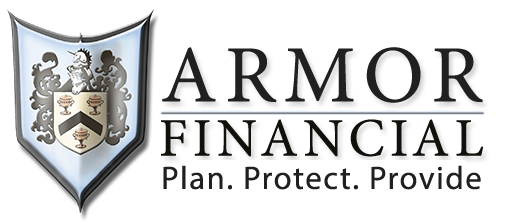I trust that this will find you well in every way.
In retirement finances, there are forces that we can’t avoid like the cycles and volatility of asset classes, the management of a company we are investing in, or decisions made by the FED. However, there is a definite force that we have a lot of control over if we are attentive to it, and that’s taxes. Taxes are one of the most avoidable wealth eroding forces that we have in life and I’m talking right up till the end. In fact, after you’re gone, someone will be filing one last return for you! So, it’s important to develop a mindset of being on guard and being aware that the taxman cometh. And by the way tax rates are not going down in the future, so get over that dream.
In retirement the earnings accrued on an ongoing basis of our investable assets are categorized in three tax forms; taxable in the year earned, tax-deferred until withdrawn and tax-free forever. How deliberate you are in utilizing these forms has a lot to do with tax management and how well you avoid taxation. Here are four points for you to consider regarding your tax world in retirement.
1) Maintain tax benefits as long as possible. Most experts recommend that you avoid taxes on the asset as long as possible. Therefore, that means utilizing and spending down taxable assets first, tax-deferred second, and last of all spending down tax-free like Roth IRA.
2) Be strategic in using various forms to manage your tax bracket and practice tax diversification. It’s a good idea to ultimately maintain at least some in each form, in order to take advantage of different situations you encounter that are best served by a particular form. For example, you need to withdraw a larger amount than normal to pay for a new auto or a new roof. Rather than taking it all out of tax-deferred (traditional IRA) and forcing you into a higher bracket, instead draw some from tax-free (Roth IRA) to maximize the bracket and avoid moving to a higher one…
3) Look for the best time to convert IRA to Roth IRA. That means look for years when you will be in a lower bracket. For a lot of folks, those years are the years between when they retire and age seventy-two when they have to begin taking required minimum distributions (RMD’s). Of course, those are activity years for some (Go Go) retirees and they are spending more, so you have to work on this based on who you are. Point is we always want to be looking for times to convert to that most favored tax-free asset Roth IRA and it needs to be done prior to age seventy-two when RMD’s begin.
4) Don’t neglect to get tax advice and assistance. You may up till this point have calculated and filed your own taxes the Turbo Tax way, but now strategy can matter a lot. It may now well be worth tax savings to pay for advice.
Taxes are one of the most avoidable expenses and a dollar saved in tax is like putting a dollar in your pocket. If you have questions about taxes as relating to retirement or anything else relating to retirement give us a call and we’ll help you get to the bottom of it.
Best regards and stay healthy.
Jeff Christian CFP, CRPC
